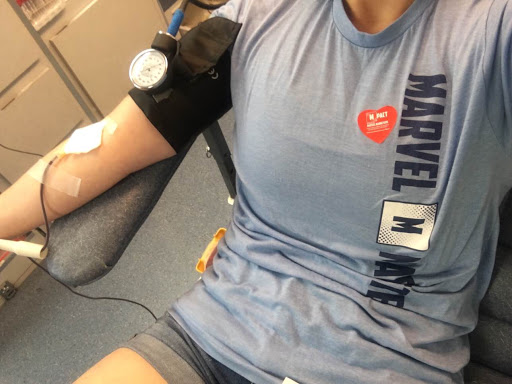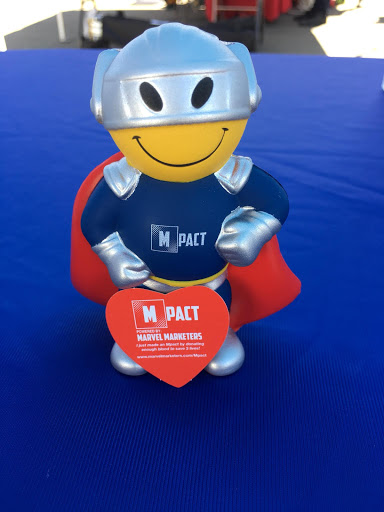When I travel, I read… a lot.
It’s really my only quiet time to catch up on all of the articles, books and blog posts that I’ve flagged to read during my almost non-existent downtime. And, to be honest with you, I LOVE Vanity Fair. The writing is superb and the storytelling takes me on a journey, usually teaching me something new and interesting too.
I was recently catching up on the December 2016 issue, and came across a story titled, “Bond of Brilliance.” Written by the author of Moneyball, this article predated even that tale. You know…the one about how the Oakland A’s used statistics to come from behind and form a winning team? Or maybe you know it better as “that one baseball movie with Brad Pitt”?
Either way, the article outlines how the Moneyball methodology works (and can work) for a while, but ultimately fails. It explores the topic of why relying on data only, in place of human intelligence and intuition, almost always leads to failure in the long run.
I found this subject so fascinating that I read the article twice, especially since it contradicted my own personal mantra as a digital marketer, that data is the only “real” truth that I can rely on in my work.
“Decision analysis is the method of using mathematics to help make decisions about things without the interference of psychological influences.”
Here’s a summary of the article if you don’t have time to read the whole thing:
It goes through the story of how Michael Lewis, the author of Moneyball, came to realize that the very strategy he had been writing about and seen countless success stories of was not only a previously explored concept, but was also already proved to be an ultimate failure.
“My book wasn’t original,” Lewis admits in the article. “It was simply an illustration of ideas that had been floating around for decades and had yet to be fully appreciated by, among others, me.”
In his research, Lewis discovered that a couple of Israeli Nobel laureates, Amos Tversky and Danny Kahneman, had first come up with the data-based strategy for predicting outcomes. And not only that, but a couple of professors from the University of Chicago had even already applied this theory to sports, successfully predicting the decline of another sport team’s success based on this method.
“Relying on only data in place of human intelligence and intuition, leads to failure in the long run.”
Tversky and Kahneman had spent their careers studying human error in decision making. They researched and argued that human bias from psychological factors impacts decisions adversely. (See the parallel with the predictive analytics we know and love in marketing automation, here?)
The pair made the case that mathematics can improve decision making and even replace human logic. They published their findings and made history with their new practice: “decision analysis”—a method using mathematics to help make decisions about things without the interference of psychological influences. Sounds pretty legit, right?
In fact, the Israeli army even decided to use this data-only approach to build their forces and make strategic decisions based on projected outcomes. But when Tversky and Kahneman were unable to predict the Syrian-Egyptian invasion that lead to the 1973 Arab-Israeli War, it’s easy to see why the army abandoned the practice.
It’s really fascinating and you should read the whole article.
In our industry, it’s easy to rely on useful data-fueled services like fuzzy logic matching and other AI-like tools, but it’s important to never rely on data so much that it overrules your own internal gut-check. Decision analysis isn’t, and will most likely never be, 100% reliable. Despite this, many predictive companies have emerged in recent years, and I don’t think this trend will slow down.
Full disclosure though, as a marketer with a degree in Mathematics, I do believe math gets us better results than the human brain a great deal of the time for one simple reason: Computers process more data, faster. They find the patterns in the static, the anomalies and the outliers.
But even as a mathematician, I can’t argue that this should be done in a silo, and caution that all decisions should be aided by human interpretation. Relationships matter, and humans will always make decisions that aren’t optimal based on their own bias, history and psychology. This is the human condition.
Article cited: Vanity Fair – December 2016 “Bond of Brilliance”




